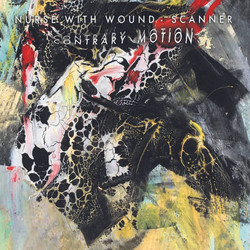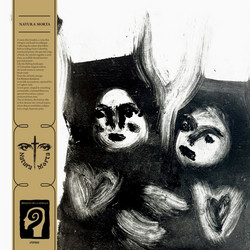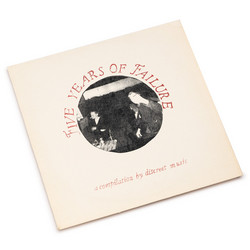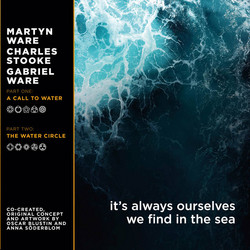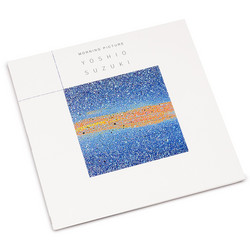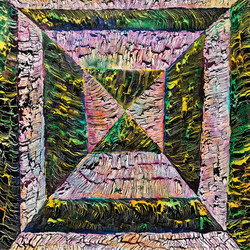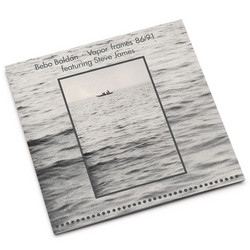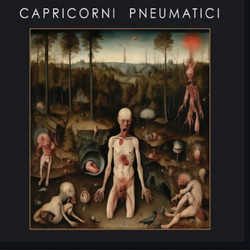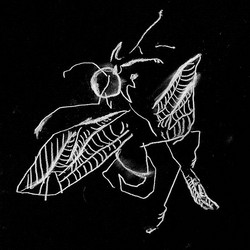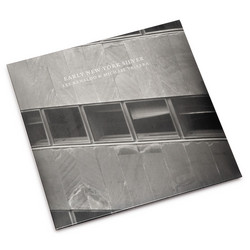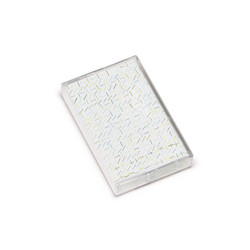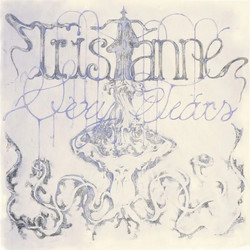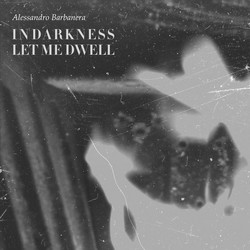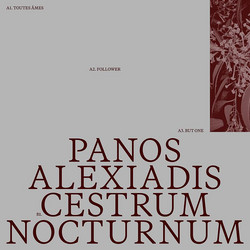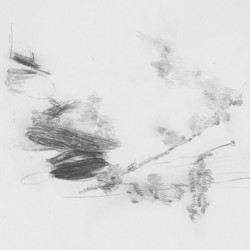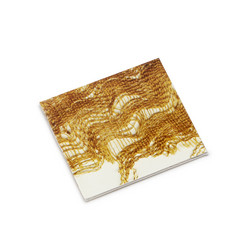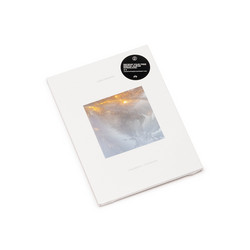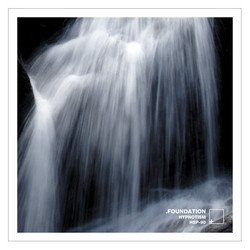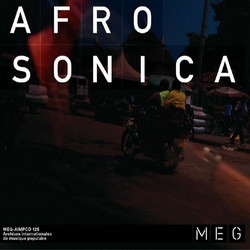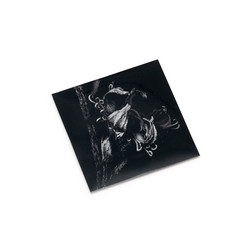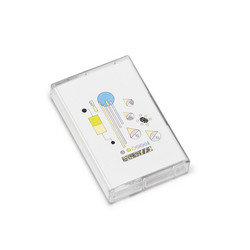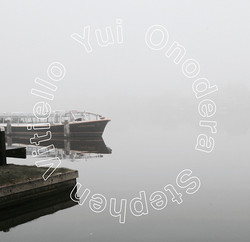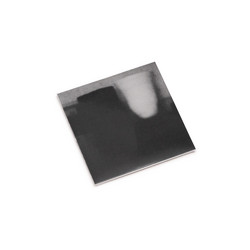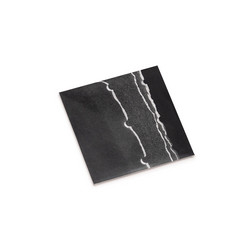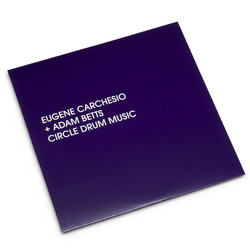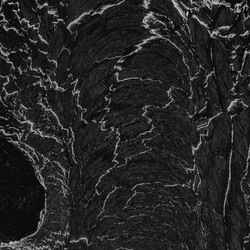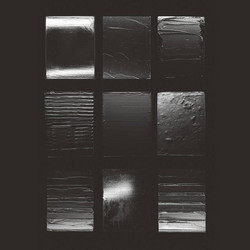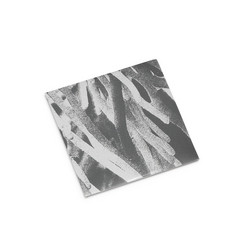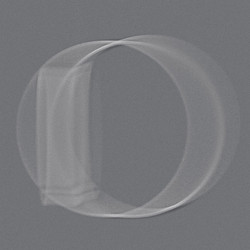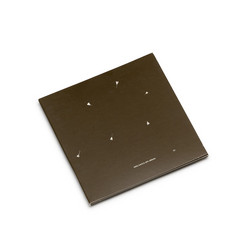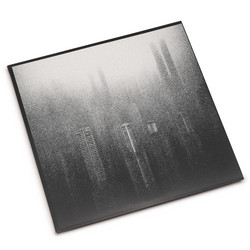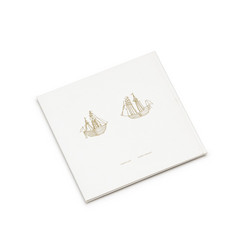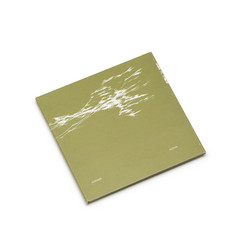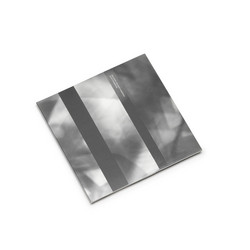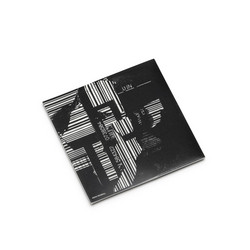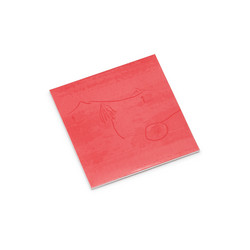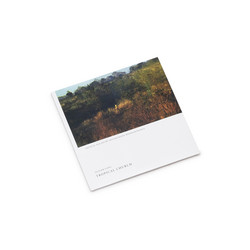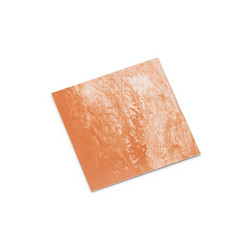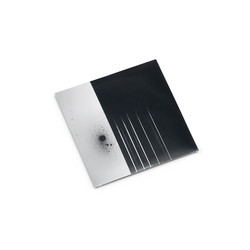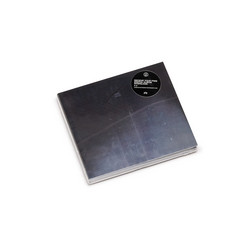Yui Onodera’s work is patient. He invites a sense of dwelling with his pieces, an encouragement to pause and to allow sound to swell up around you. On Too Ne, he charts out a very specific sonic exploration. Across these five works he creates a lilting passage of sound, a liouidous flow that confirms the adage of Ambient music existing as constant, but never solid. Too Ne also invites a sensing of the self, in that the works ask us to examine our own memories as a way to unlocking a deeper resonance within the work. Onodera has created an incredibly generous and open sound field here, one in which you might find yourself dwelling, deeply.
These pieces are what can be described as almost static ambient tracks. They are about a recognition of perceived stillness, even when there is change in the sounds’ relationships with each other, and with the listener. “Too Ne" is an old Japanese word that refers to a sound that is sounding from far away. It is about distance, and also perhaps about reaching out to those sounds that seem to exist far away from us. Too Ne is a word that is not often used in modern Japan, but it has a long history, and can be found in the oldest extant collections of Japanese waka (poetry in Classical Japanese), such as "Manyoshu". It is sometimes understood that there are many sounds that appear in people’s minds here, when they think of an imagined landscape. Sounds as memory markers, but also as devices to help us imagine more deeply the places we visit and recollect with our minds. Here, I recall in my mind the distance of static sounds like vague clouds, delicate sounds like a state where cherry blossoms whirl in the wind and resemble snow falling."
- Yui Onodera
